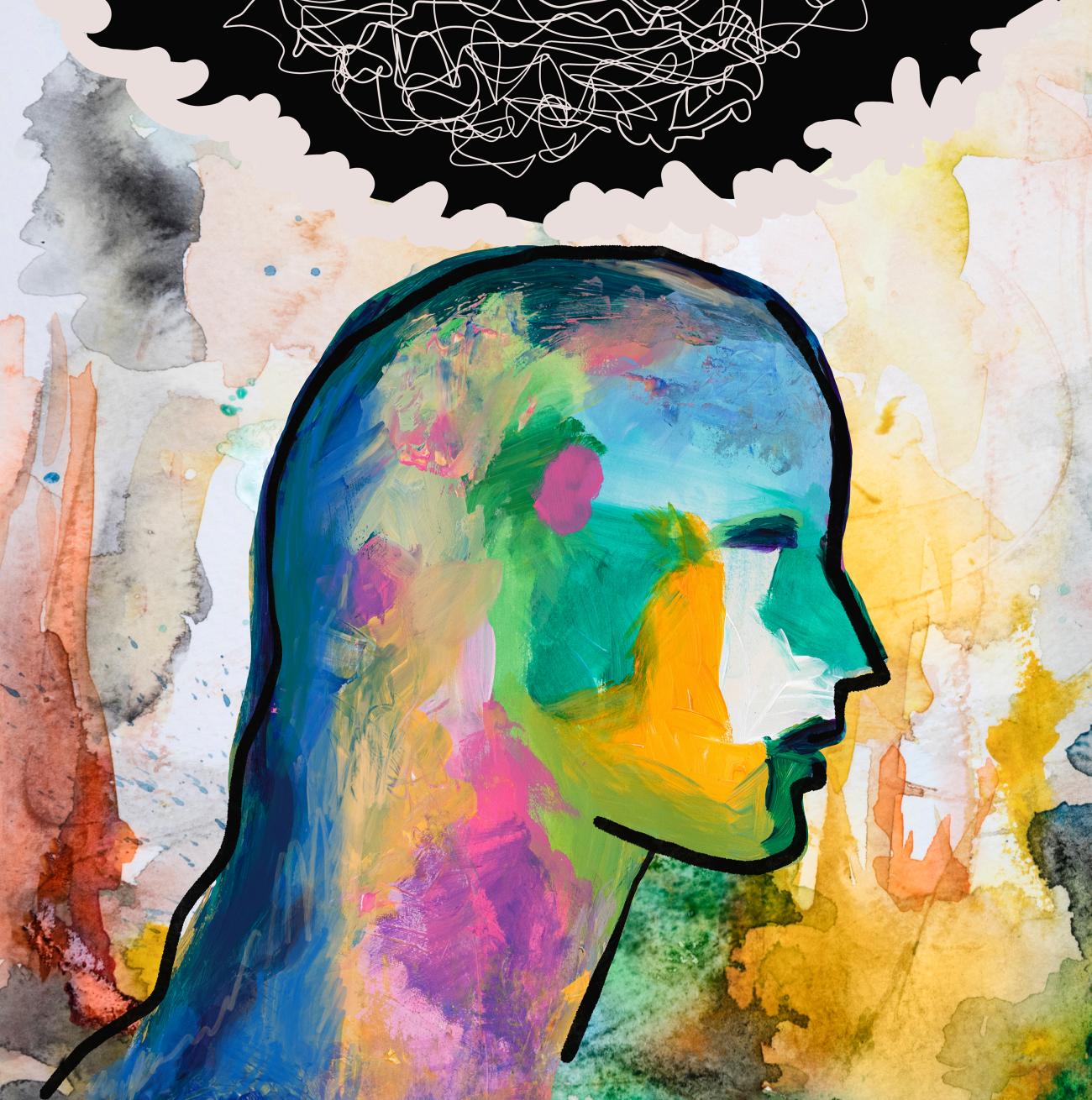
Is there a biological reason that people cry when they are emotional?

Yes, there are several biological and psychological reasons why people cry in response to emotional states. Here are some key points:
Neuronal Connections
Crying is linked to the areas of the brain involved with emotions. There is a neuronal connection between the lacrimal gland, which produces tears, and the brain's emotional centers135.
Chemical Composition of Tears
Emotional tears have a distinct chemical composition compared to other types of tears. They contain higher concentrations of hormones such as prolactin, adrenocorticotropic hormone (ACTH), and the neurotransmitter leu-enkephalin, which is a natural painkiller. This different composition may help explain why emotional tears send strong emotional signals to others135.
Hormonal Influences
Hormonal levels play a role in emotional crying. For example, women, who have higher levels of prolactin, tend to cry more often than men, who have higher levels of testosterone that may inhibit crying345.
Social and Evolutionary Functions
Crying serves several social and evolutionary functions. It can signal vulnerability, need, or attachment, eliciting empathy and compassion from others. This can be seen as a mechanism to solicit help or support, particularly in situations of helplessness or stress15.
Stress Relief
There is evidence suggesting that crying can help relieve stress. The release of hormones such as oxytocin and the elimination of stress hormones like ACTH may contribute to this effect15.
Communication and Bonding
Emotional tears help in nonverbal communication and social bonding. They can convey strong emotions and needs, facilitating human connection and empathy. This is particularly evident in how crying can soften anger or unpleasant emotions in others and foster a sense of community and support345.
In summary, the biological reasons for emotional crying are multifaceted, involving neuronal connections, hormonal influences, and evolutionary functions that facilitate social bonding and stress relief.